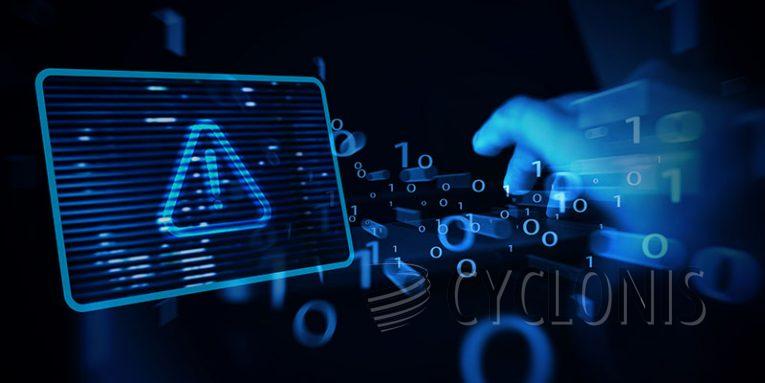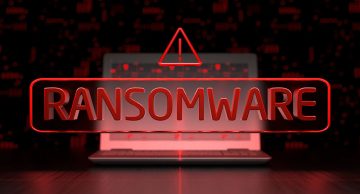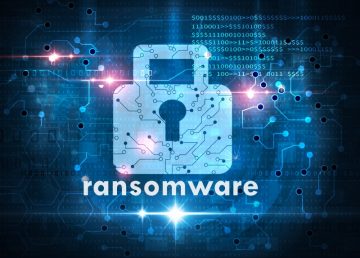Allahu Akbar Ransomware is Likely a Test Release

The ransomware variant known as Allahu Akbar was identified by our research team during an investigation of newly submitted malware samples. This malicious software operates by encrypting data and subsequently demanding payment in exchange for providing the decryption key.
In our experimentation environment, the Allahu Akbar ransomware carried out the encryption of files and modified their file names. Specifically, it added a ".allahuakbar" extension to the original file names. For example, a file named "1.jpg" was altered to "1.jpg.allahuakbar," and "2.png" was changed to "2.png.allahuakbar," and so forth.
Upon completion of the encryption procedure, a ransom note named "how_to_decrypt.txt" was generated. The contents of this note indicate that the ransomware is likely still under development. The note informs the victim about the encryption of their files and assures them that the attackers possess the means to restore the locked data. As a demonstration of their capability, the victim is offered the chance to test the decryption process on three files free of charge.
To proceed with decryption, the victim is instructed to make a ransom payment using the Bitcoin cryptocurrency. The note provides guidance on initiating this payment, but the contact details provided are invalid. This suggests that the Allahu Akbar ransomware is still in the process of being developed.
Allahu Akbar Ransom Note Uses Placeholder Contact Info
The complete text of the Allahu Akbar ransom note reads as follows:
All your files have been encrypted.
Because you don't care about the security, we, Allahu Akbar Team helps you store the, safetly.
You can send 3 of your encrypted files and we decrypt it for free.
You must follow these steps To decrypt your files :
1) Write on our e-mail :test@test.com ( In case of no answer in 24 hours check your spam folder
or write us to this e-mail: test2@test.com)2) Obtain Bitcoin (You have to pay for decryption in Bitcoins.
After payment we will send you the tool that will decrypt all your files.)
How is Ransomware Like Allahu Akbar Commonly Distributed Online?
The distribution of ransomware, including variants like "Allahu Akbar," typically involves various tactics and techniques that exploit vulnerabilities, human behavior, and security weaknesses. However, I'd like to clarify that the term "Allahu Akbar" is a phrase used in Islamic prayers and does not necessarily have a direct connection to ransomware distribution. It's important not to make unwarranted associations between technical terms and cultural or religious phrases.
In general, ransomware is commonly distributed using the following methods:
- Phishing Emails: Attackers often send emails that appear legitimate, containing malicious attachments or links. These emails might impersonate well-known companies, banks, or government organizations, tricking recipients into opening the attachment or clicking on the link. Once clicked, the ransomware payload is executed.
- Malicious Links: Cybercriminals may send links through emails, social media, or messaging platforms that lead to infected websites or downloads. These links might masquerade as harmless URLs but ultimately deliver the ransomware onto the victim's device.
- Malvertising: Malicious advertisements can be injected into legitimate websites. Clicking on these ads can lead to drive-by downloads, where the ransomware is silently downloaded and executed on the victim's system without their knowledge.
- Exploit Kits: These are malicious toolkits that target known vulnerabilities in software applications. If a user's software is not up to date, visiting an infected website can lead to the automatic download and installation of ransomware.
- Remote Desktop Protocol (RDP) Attacks: Attackers exploit weak or compromised RDP credentials to gain unauthorized access to a victim's system. Once inside, they deploy ransomware.
- Software Bundling: Some ransomware is bundled with seemingly legitimate software or downloads. Users who download and install such software unknowingly also install the ransomware.
- Drive-by Downloads: Simply visiting a compromised website can trigger an automatic download and execution of ransomware through vulnerabilities in the user's browser or plugins.
- USB and Removable Media: Attackers can infect USB drives or other removable media with ransomware. When the infected media is connected to a computer, the ransomware spreads.








